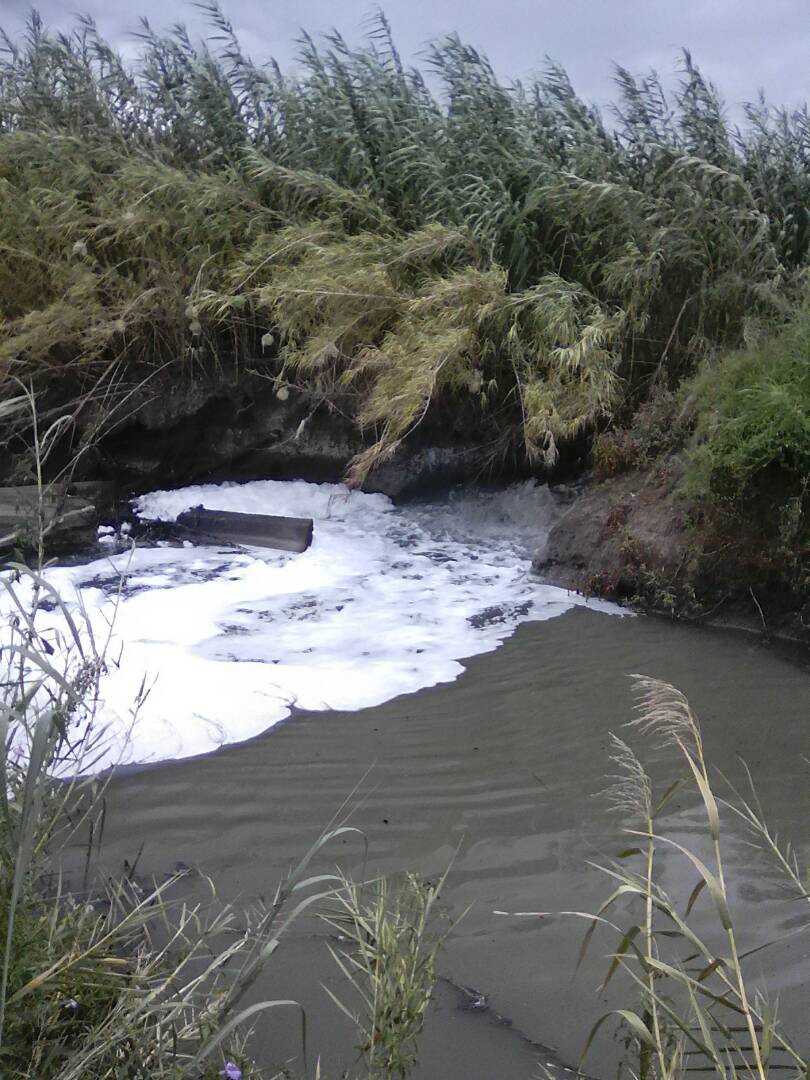By Joyce Mukucha
The Harare Water Department is working tirelessly to reduce water loss in different suburbs as well as ensuring that it promotes high quality, affordable and accessible water for all residents.
This would be achieved through capacitating and utilising control centres and developing a hydraulic model to manage water flows and control pressures.
Speaking during the Harare Water Strategic Plan Consultative Session with civic society on the 23rd of April 2018, in Harare, Mabhena Moyo, the Acting Director for Harare water said his department was committed to improve efficiency, quality and quantity of water production.
He said it was the department’s aim to make sure that a world class city was created by ensuring that quality and sustainable drinking water was collected, treated and safely disposed. Moyo emphasized the need to set aside an annual budget to have finances in place to capacitate the distribution zones.
“The demand of water for Harare residents is very high of which we are not allowed to pump a huge amount of water from Lake Chivero but I can assure residents that going forward, we will address such problems. We are planning to start generating water from Chikwaka Dam in Murehwa so that our residents are sustained.
“This strategic plan will guide us on how we can satisfy the residents by supplying them with adequate water. Plenty of water is being lost so there is need to repair burst pipes. We will engage with different stakeholders so that we get standardised equipment to reduce water losses. It is also our plan to continue engaging residents. We promise to address all their complaints in as far as accessing water is concerned,” he said.
President Mnangagwa is reported to have signed the papers in China that will help to improve quality service delivery in as much as extending the right of water to residents is concerned.
In his presentation, Engineer Toine Ramaker, the Regional Team Leader of Dutch Water Operators said it was important to reduce average zonal pressure and limit maximum water use during the night in order to reduce the high burst rate.
He said it was vital for the local authority to carry out house to house surveys to identify non registered water users.
“In most parts of Harare, 60% of water is non-revenue so there is need for each area to find housing geographical information. Lots of properties which are almost 50 000 in Greater Harare are receiving water but are not recorded in our system and that accounts to commercial losses. We also introduced hand-meter reading to improve billing accuracy. The extra use of water, water billing inaccuracy, data handling errors, unauthorised consumption and unbilled consumption also create losses,” Ramaker said.
The work that is being carried out in locations such as Sunningdale and Marimba has shown that the suburbs were encountering losses of 50 cubic meters per hour but implementation of commercial actions have helped in reducing it to 20 cubic meters per hour.
Commercial actions, Ramaker said, are to be taken in order to reduce hand-held meter reading to improve billing accuracy. He said there was need to check on water meter data and decrease the number of manual inputs and supervision and controls.
Timothy Chitambure, the International Coordinator for Community Water Alliance pointed out that there was need for local authorities to engage residents on planning. Council, he said, should make sure that citizens have access to information.
One of the residents who participated during the workshop stressed that the council must be accountable in its quest to deliver quality water.
“We need to receive information before anything happens. As residents we are suffering and I suggest that the council must restore service proficiency. It our right to have water, “ he said.
A corporate dashboard with performance indicators is going to be developed in order to support the Management Information Unit to collect, analyse and present data to Harare Water Management Department.






